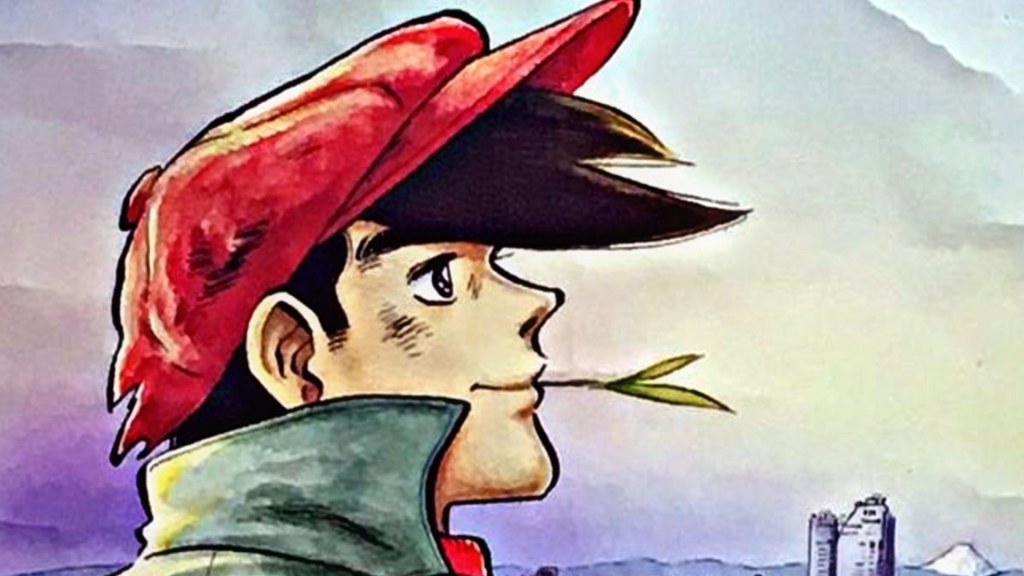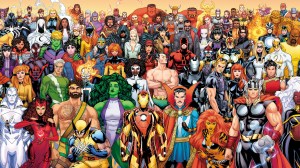At 85-years-old, Tetsuya Chiba has been awarded the prestigious Order of Culture in Japan from the Japanese government. The award is described as being for those who “who have made outstanding contributions in developing Japanese culture”. In a recent post on his online blog, Chiba expressed what an honor it was for manga to be included in the growth and appreciation for the nation’s culture. He went on to express that he feels a great deal of responsibility to his community and nation for having been awarded such a prestigious title, and that he hopes the opportunity he’s been given will put more eyes on the manga industry going forward.
Videos by ComicBook.com
This isn’t Chiba’s first time experience being an award-nominated mangaka, either. In 2022, Chiba was nominated to the Japan Art Academy as one of its first manga creators; he is also the president of the Japan Cartoonists Association. Tetsuya Chiba has had an incredibly impressive career working with the medium, having made his debut as a manga artist in 1956, but, is of course best known for his series Ashita no Joe which began serializing in 1968 and rant until 1973, and has cemented itself as a staple in Japanese pop culture.

Ashita No Joe’s Influence On Manga Transcends the Decade In Which It Was Released
Ashita no Joe (or Tomorrow’s Joe in English) is a classic shonen series that follows its titular protagonist, Joe Yabuki, on his journey from being a troubled youth to an all-star boxer. The series is primarily rooted in reality, and, in addition to depicting thrilling boxing matches, connects with its audience on a uniquely human level that’s difficult to replicate even in modern shonen manga. Throughout the original series, Joe’s lack of manners and discipline in his craft are tested by his mentors and opponents, forcing him to grow into a better person and a better boxer. During its original print run, the series struck a chord with the working class and youth in Japan, and quickly became a mass success around the country.
The manga’s cultural influence has given it the opportunity to be adapted multiple times as well, with an original anime series being produced Mushi Production in 1970-1971, a feature length film that was released in 1980, a sequel series titled Tomorrow’s Joe 2 in 1980, and a sequel film with the same title being released in 1981. The most recent take on the franchise was the Megalobox anime, which took the original story and adapted it with sci-fi elements that released in 2018. The series has also received to live action film adaptations, which released in 1970 and 2011, respectively. Despite its history, Ashita no Joe hasn’t received an English release, but will finally be getting published in English by Kodansha in December 2024 – 56 years after the series debuted in Japan.
H/T: Anime News Network








